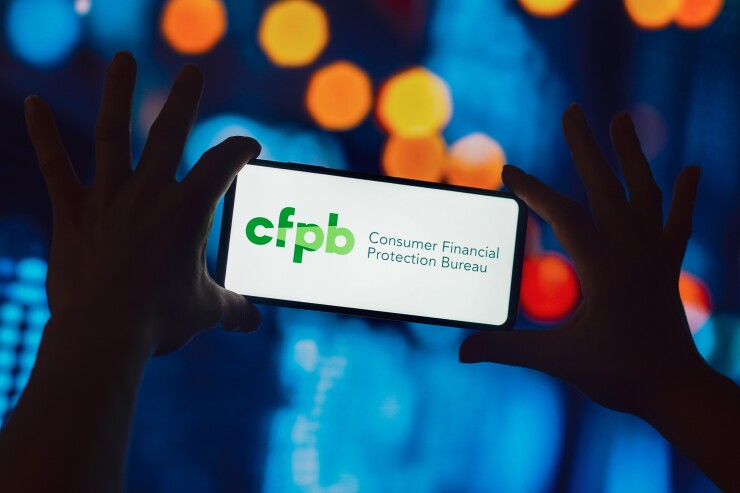
As the CEO of the trade association representing the largest earned wage access providers across the United States, my team and I at the American Fintech Council have worked to promote and advocate for industry best practices and consumer protection.
Millions of families across the country rely on this product and responsible industry participants have followed
Simply put, EWA is not a loan or an "advance" and should not be regulated as such. EWA is a safe, reliable alternative to payday and predatory loans and gives consumers the ability to access the money they have already earned on their own terms, often at no charge. EWA services allow consumers access to wages for the work they have already completed as opposed to waiting for the end of an arbitrary pay period. Most importantly, EWA does not charge interest or late fees, does not conduct collection activity of any kind and all AFC EWA member companies offer a no-cost option that ensures employees can use their services without ever paying a cent to access their wages.
Square pegs do not belong in round holes. The interpretation offered by the bureau ignores the fundamental properties of EWA and misclassifies the product in favor of expediency that will only serve to confuse borrowers and further promulgate a patchwork of state regulation. AFC also supports the Earned Wage Access Consumer Protection Act at the federal level, which would implement a pragmatic, consumer-protected approach to regulating the EWA industry, namely through the establishment of clear definitions.
Additionally, annual percentage rates, or APRs, are best suited for consumers to compare a monthly interest payment that is paid over the course of several months, if not years. An APR construct for a one-time, flat fee for faster or instant funds delivery is ill-suited for consumers to use to compare out-of-pocket costs on financial products and strategies. Since EWA products are not credit, the EWA industry conducts no underwriting and does not base its low transaction fees or access to wages on creditworthiness. These rates therefore do not represent the actual cost and potential savings available to EWA users.
In actuality, a
Nearly a dozen states are looking to regulate digital payroll advance products, prompting a fintech trade group to ask the Consumer Financial Protection Bureau to conduct a formal rulemaking.
Nearly all participants in the study did not view EWA as a loan. Instead, they saw it as a way to access the wages they had already earned, a fundamentally different concept from borrowing against future earnings. The participants also preferred EWA over other short-term liquidity options, with one user even stating that EWA allowed them to access the liquidity they needed while preserving their dignity. Expanding access to liquidity options is critical for workers who must deal with expenses or pay for an emergency that can't wait until the next paycheck.
We are equally disheartened that the CFPB proposed an informal, nonbinding, interpretive rule as opposed to a formal rulemaking. While agency opinions are helpful for understanding supervisory expectations at the time of issuance, they do not carry the same effect as formal rulemaking and often leave market participants without the clarity and long-term regulatory expectations they need to safely serve their consumers.
Given the lack of formal, federal regulation in the EWA sector, it is imprudent for the CFPB to pursue a nonbinding, interpretive rule in lieu of a full legislative rulemaking. In practice, this interpretive rule will have the effect of a legislative rule, while not being subject to the proper procedures under the Administrative Procedures Act. In short, the use of an interpretive rule in this situation is simply not good governance and represents a hurried approach by the CFPB which is ill-suited to EWA providers and the consumers they serve.
The advisory opinion the CFPB offered in 2020 for EWA providers was the right tool at the right time, as it provided the guideposts around which the industry grew and remains modeled after today. EWA has only grown in popularity with consumers since then, and we believe that it is time to engage in a more substantive regulatory endeavor, such as a formal rulemaking. As prescribed under the Administrative Procedures Act, this would provide the public the ability to adequately convey the myriad views on this subject and ensure that the bureau duly considers these views.
In a February 2024 letter to Director Rohit Chopra, we urged the CFPB to explore the possibility of a rulemaking to ensure consumers are protected without losing important financial options. We stand in strong opposition to the newly proposed interpretive rule and urge the bureau to rescind it in favor of an inclusive and collaborative process that serves consumers and the responsible fintech companies serving them. The American Fintech Council remains committed to finding a productive avenue for responsible earned wage access providers to operate and for consumers to access this critically important financial tool.






